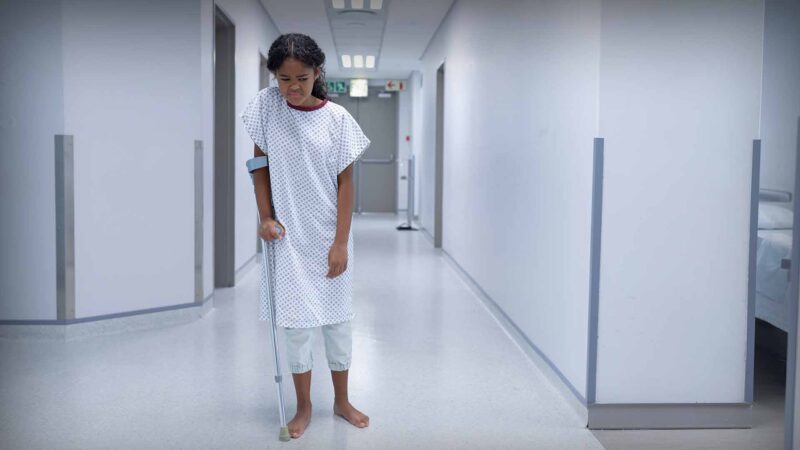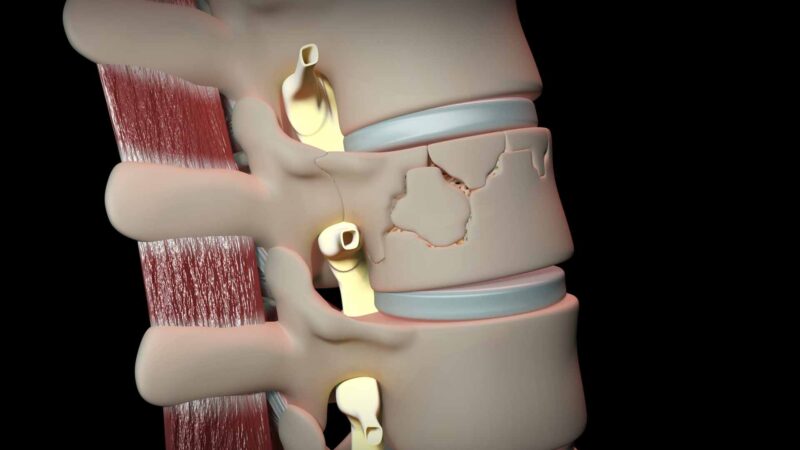DEVELOPMENT OF NOVEL ANALYTICAL AND DIAGNOSTIC TOOLS USING NANOTECHNOLOGY AND MICROFLUIDICS
With
Dr Alain Wuethrich
NHMRC Emerging Leader Fellow
Australian Institute for Bioengineering and Nanotechnology,
The University of Queensland
Brisbane, Australia
RESEARCHER PROFILE
Filmed in Brisbane | June 2025
Dr Alain Wuethrich is an NHMRC Emerging Leader fellow and ARC DECRA awardee at the Australian Institute for Bioengineering and Nanotechnology.
Hailing from Switzerland, research focuses on the development of novel analytical and diagnostic tools that harness nanotechnology and microfluidics; two rapidly growing fields with high potential to provide diagnostic solutions needed for precision medicine.
A feature of his work has been the ability to translate discoveries at the nanoscale into highly innovative diagnostics that enable the precise study of biomolecular aberrations in cancer, infectious diseases, and human immune system.
His particular research expertise lies in:
– Liquid biopsy
– Electrohydrodynamics
– Surface-enhanced Raman spectroscopy
– Nanotechnology
– Diagnostics
Dr Wuethrich held positions in international pharmaceutical companies and became lead inventor on a European patent.
He has actively engaged with national and international companies to translate diagnostic nanotechnologies. His network of national and international collaborators include the Princess Alexandra Hospital, UQ Diamantina Institute, UQ Centre for Clinical Research, QIMR Berghofer, and the Dana-Farber Cancer Institute.
Since 2017 he has provided continuous research mentoring to the group and has supervised more than 30 postgraduate and graduate students in nanotechnological strategies to detect cancer and other diseases.
In May 2024 Dr Wuethrich won a $1.6 million NHMRC Emerging Leader 2 grant to develop digital nanotechnology capable of detecting trace immune dysregulation from a pin-prick of blood.
He says understanding immune dysregulation is crucial for addressing emerging diseases like Long Covid and for future-proofing immune-modulating mRNA vaccines.
“The technology we have in mind will be 1000 times more sensitive than conventional methods,” Dr Wuethrich said.
“Hopefully, this will lead to a better understanding, diagnosis, and treatment of diseases like long COVID, and the development of personalised vaccines with greatly reduced side effects.”
Dr Wuethrich is one of two Investigator Grant winners currently working with Professor Matt Trau.
Source: Supplied
You Might also like
-
Podiatric Research In Children, the workforce and the LGBTQIA+ community
Professor Williams holds the role of Deputy Head of School, School of Primary and Allied Health Care, and course coordinator of the Doctor of Podiatric Medicine degree. She is a podiatrist, and has held professional roles in community health, acute and subacute services in child health care teams, research leadership and professional governance.
-
Neuroscience, neuropharmacology and exercise science
Dr Jacob Thorstensen is an early-career Assistant Professor in Neuroscience and Physiology in the Faculty of Health Sciences & Medicine at Bond University. He is also an honorary research fellow in The School of Biomedical Sciences at The University of Queensland. His work has unveiled several new neuroscientific mechanisms which have future applications for movement disorders.
-
Dr Ryan O’Hare Doig
NEIL SACHSE CENTRE FOR SPINAL CORD RESEARCH (SAHMRI)
SOUTH AUSTRALIA
AUSTRALIA



